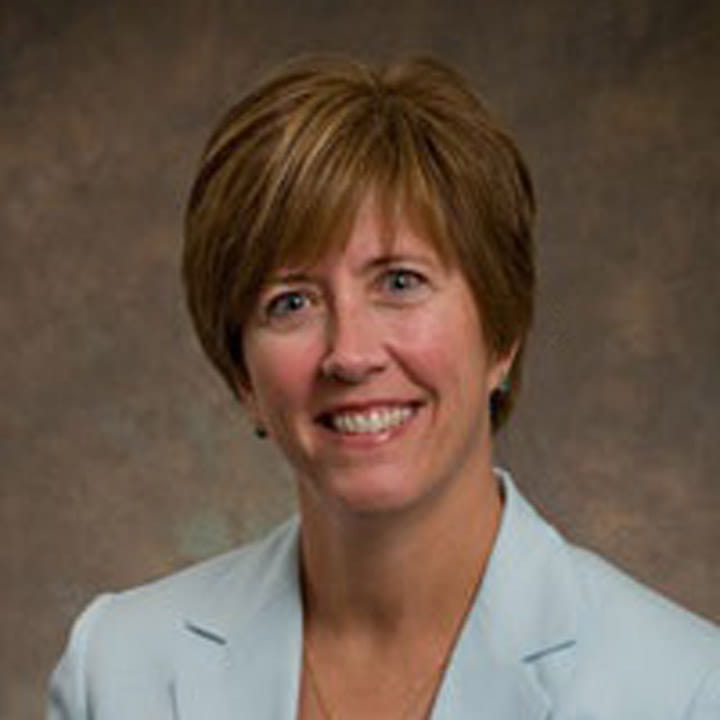
If you or your partner are trying to get pregnant and it’s taking a while, you’re probably frustrated and maybe even envious of your friends with children.
You might start to wonder if it’ll ever happen — if you’ll ever become a parent.
Your well-meaning relatives and friends sprinkle advice: “Don’t worry about it. It’ll happen.”
But you worry about it. You question why your body seems to be failing you.
There are a lot of options to help you or your partner get pregnant, even if you’re in your late 30s or early 40s.
Age and fertility
More people are waiting to have children later in life than their parents or grandparents did, and for some people, it’s challenging to get pregnant.
By age 40, for people with female reproductive systems, the chance of getting pregnant is no more than 5% per month. At younger ages, when they begin to try to get pregnant, there’s a 20% to 30% chance each month.
Those under 35 are considered infertile if they don’t get pregnant after a year of unprotected sex.
Those over 35 are considered infertile if they’re not able to get pregnant after six months of trying. The shorter time frame is because if you’re older than 35, it’s important not to wait until a full year of trying to get pregnant before you get tested and seek help.
Someone with a male reproductive system who’s over 40 is 30% less likely to help bring about a pregnancy, even with a younger partner. But they can produce sperm until death, so it’s possible for them to become a parent late in life.
Common causes of infertility:
Irregular menstrual periods: Instead of having a period about every 30 days, you may be having them only every few months or even less frequently.
Damaged or blocked fallopian tubes: The egg and sperm come together inside fallopian tubes. If those tubes are damaged or blocked, that could prevent the egg from uniting with the sperm to form an embryo. A fibroid in the uterus could compress the tube or could distort the shape of the uterus and block tubal access to the ovary and the egg. The fallopian tubes can be damaged by scarring as a result of endometriosis or other conditions, such as pelvic infections or sexually transmitted diseases.
Not enough sperm or poor-quality sperm: To become pregnant, the quality and amount of sperm have to be sufficient. Also, the sperm must move efficiently through the woman’s reproductive tract to reach the egg.
About 90% of people facing infertility will have one or more of those three issues. About 10% will not have any of them but still will be unable to conceive for an unknown reason.
Can abortion cause infertility? What about miscarriage?
Neither an abortion nor a miscarriage will typically harm a person’s fertility.
How doctors diagnose infertility
- blood tests
- an ultrasound
- sperm analysis
- an X-ray contrast exam to check for tubal patency
Infertility treatment options
It depends on the problem.
If someone experiences irregular periods, they can be put on fertility medication. These medications cause the body to release hormones that trigger the release of an egg from an ovary about every 30 days.
If the problem is damaged or blocked fallopian tubes, in vitro fertilization (IVF) can be done. That’s when the egg and sperm are joined in a laboratory. If that results in an embryo, then that embryo is placed in the uterus to develop like any other pregnancy
If there aren’t enough or there’s poor-quality sperm, you can see a urologist, who can prescribe medication or other treatments to improve the semen. Other options include a procedure called artificial insemination, in which sperm is inserted into the uterus just after an egg has been released from an ovary. Donor sperm also is an option.
Not all options to help you get pregnant are expensive. Many of the medications to improve fertility are generic and reasonably priced.
Buying over-the-counter ovulation predictor tests could also help you or your partner get pregnant. They work much like home pregnancy tests, and they’ll indicate ovulation and whether the timing is right for having sex.
Having a healthy weight and abstaining from drugs or smoking will increase your odds of having a healthy pregnancy and avoiding a miscarriage.
It’s not unusual for couples to have trouble getting pregnant. You’re not alone, and you don’t have to struggle through infertility without help.

Learn about reproductive and infertility care at Ohio State
Advanced diagnostics and treatments for infertility from central Ohio's most experienced team.
Learn More




